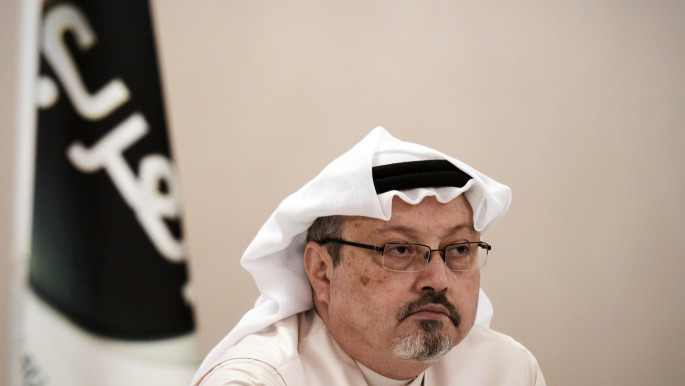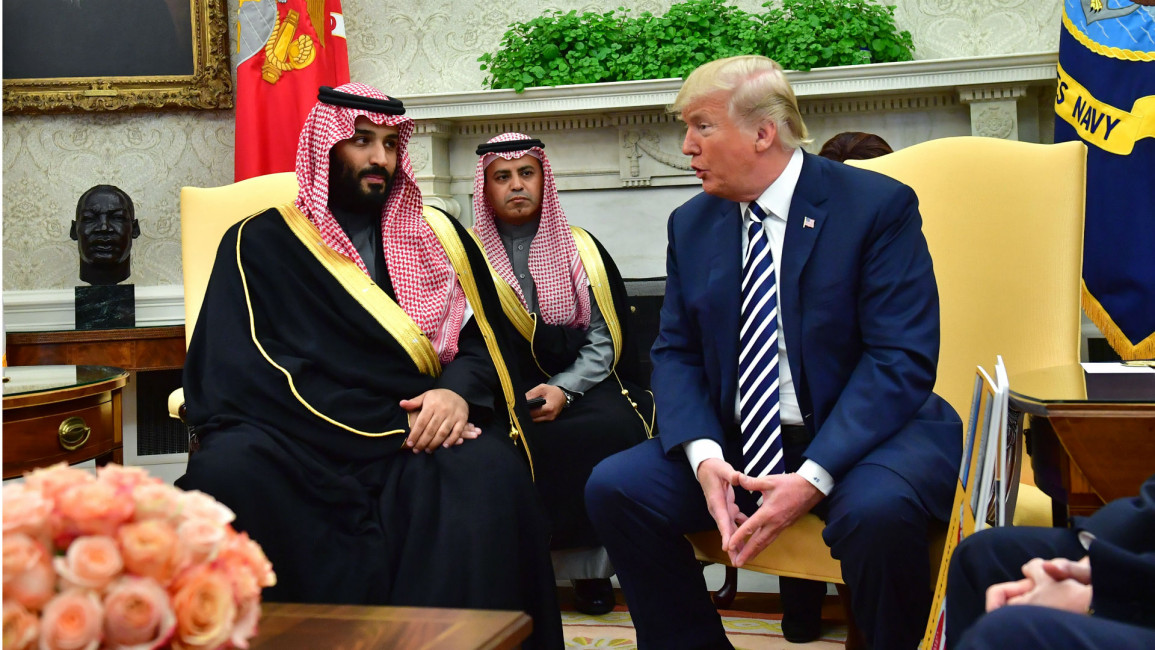US approved Saudi nuclear permit 16 days after Khashoggi murder
The United States has twice approved licences for the export of nuclear technology to Saudi Arabia since the killing of Saudi journalist Jamal Khashoggi in Istanbul, according to information released on Tuesday.
The US Department of Energy on Tuesday responded to repeated requests from lawmakers about information on nuclear cooperation with Saudi Arabia, informing Senate that seven permits for nuclear technical expertise transfers to Riyadh were approved.
One of the approvals came on 18 October, just 16 days after the brutal murder and dismemberment of Khashoggi at the Saudi consulate in Istanbul. Khashoggi's murder placed immense pressure on the US-Saudi relationship, however US President Donald Trump was sharply criticised for not having taken the kingdom to task over the Washington Post columnist's killing.
The transfers, which cover the exchange of expertise and know-how, have raised concerns among critics who accuse the Trump administration of using them to evade non-proliferation restrictions usually applied to US nuclear sales. Saudi Arabia, which is close to completing a small nuclear reactor in Riyadh, has been reluctant to agree to nuclear non-proliferaiton.
US nuclear sales normally require buyers to agree not to enrich uranium or reprocess plutonium that could potentially be used in arms.
 |
|
| Jamal Khashoggi was murdered at the Saudi consulate in Istanbul in 2018 [AFP] |
The information released by the Department of Energy on Tuesday has heightened concerns among lawmakers about Washington's dealings with Riyadh.
"I have serious questions about whether any decisions on nuclear transfers were made based on the Trump family’s financial ties rather than the interests of the American people," Democratic senator Tim Kaine said.
Following the death of Khashoggi in October, US President Donald Trump and key members of his team ignored US intelligence findings which strongly indicated that Khashoggi's murder was ordered by Saudi Crown Prince Mohammed bin Salman.
The powerful young prince, who has enjoyed a close relationship with the Trump administration, has led a far-reaching crackdown on dissent in Saudi Arabia, including by silencing and imprisoning critics.


![President Pezeshkian has denounced Israel's attacks on Lebanon [Getty]](/sites/default/files/styles/image_684x385/public/2173482924.jpeg?h=a5f2f23a&itok=q3evVtko)



 Follow the Middle East's top stories in English at The New Arab on Google News
Follow the Middle East's top stories in English at The New Arab on Google News


